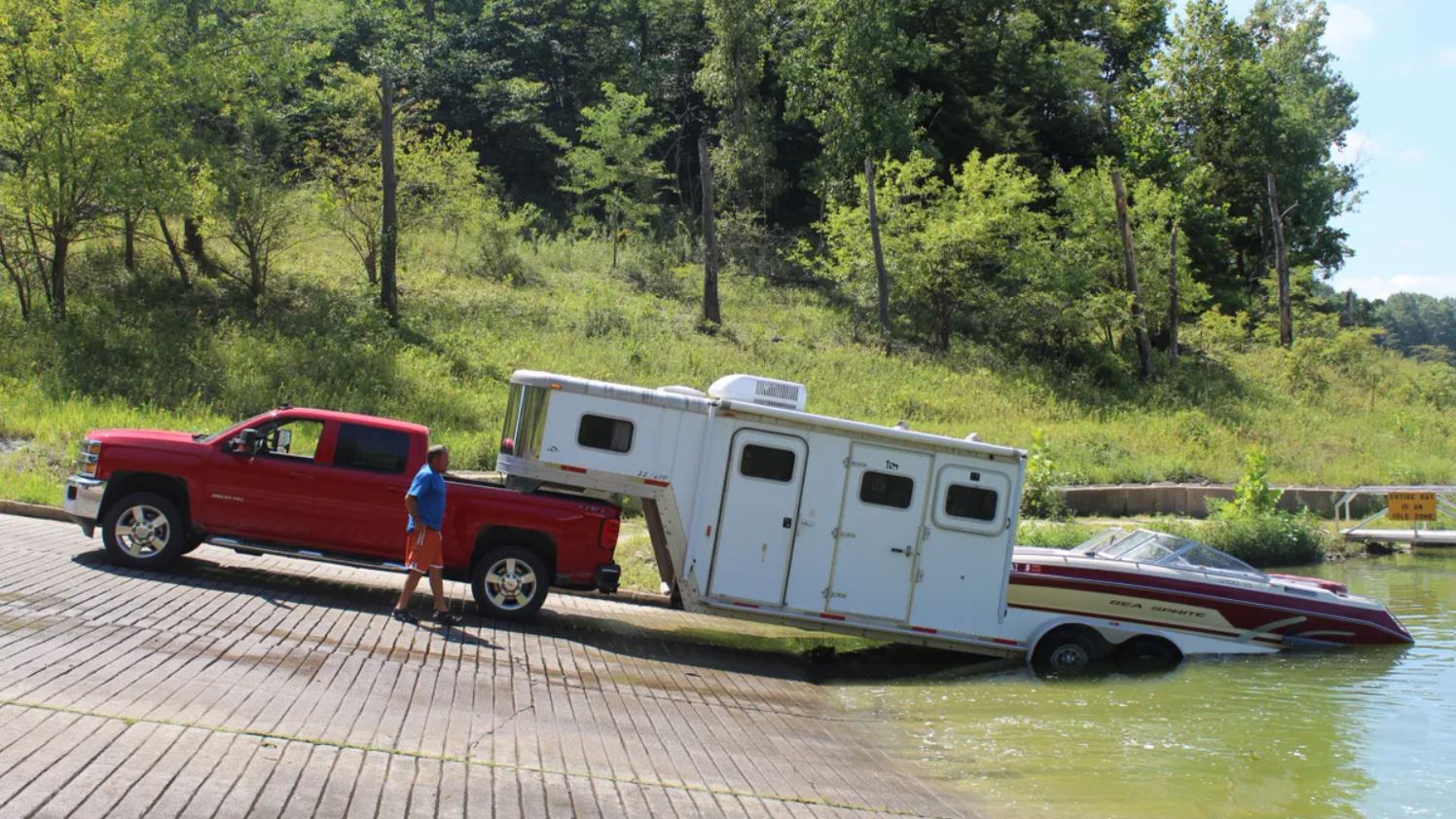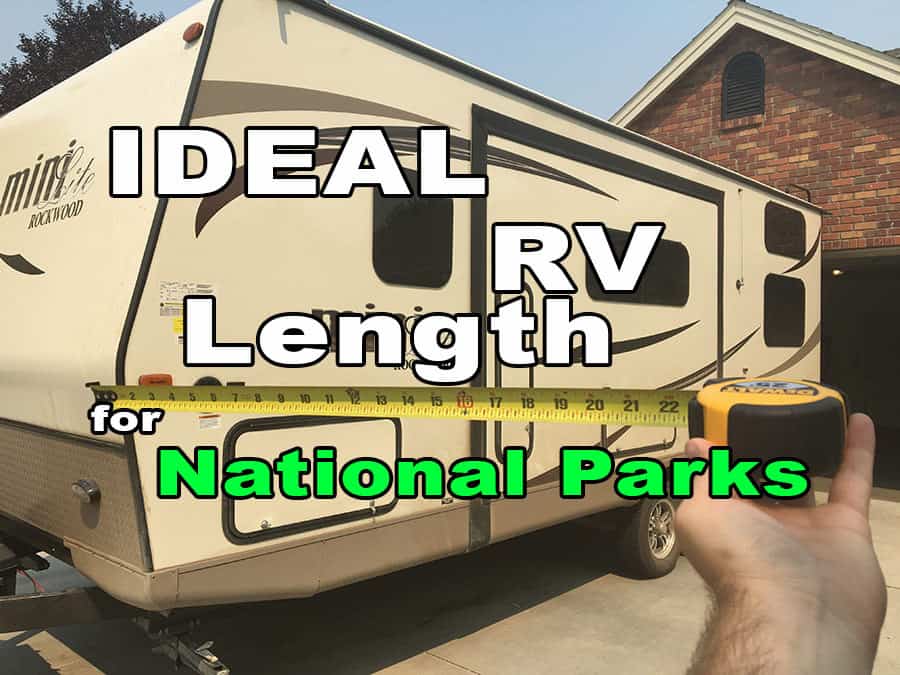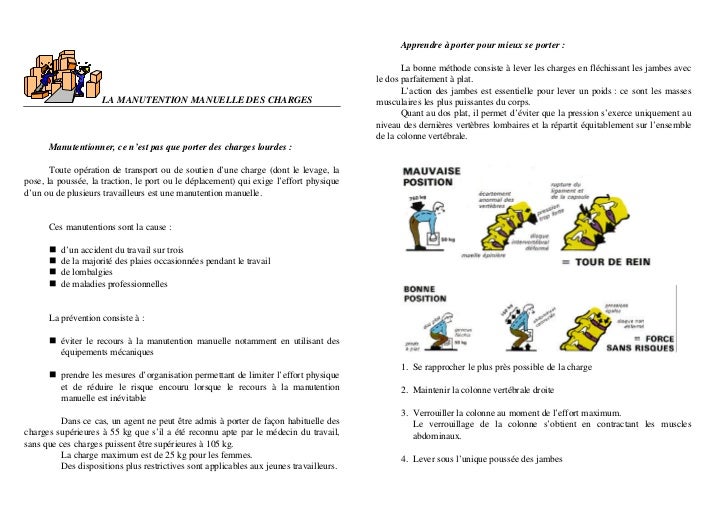Parking large vehicles like boats, RVs and trailers can be restricted by homeowners associations (HOAs) through community rules and regulations. Here is a deeper look into how HOA governance may impact where you can store these items on your property or within the neighborhood.
Street Parking and Driveway Restrictions
Many HOAs prohibit parking boats, RVs, trailers and other oversized vehicles on community streets or in driveways for more than a few days. The goal is to prevent neighborhood eyesores and maintain property values. Restrictions may state these vehicles cannot extend into public walkways or block traffic paths. Neighbors often push for such rules to uphold aesthetics. large vehicle parking policies homeowners associations If your HOA allows street parking, it’s still a good idea to be considerate of others. Don’t leave vehicles parked indefinitely and block views or access. Communication and cooperation between residents leads to happier community living overall. Flexibility on both sides regarding occasional guest parking makes sense too.

On-Property Storage and HOA Approval
Most HOAs have guidelines around permanent boat storage homeowners on residential lots. Structures like uncovered boat lifts, trailers or parking pads typically require approval beforehand. Design specifications ensure safety and prevent unsightly clutter. Additional options like freestanding garages or RV covers may need approval from the architectural committee due to size and visibility. HOAs aim to maintain uniform design schemes and limit what changes neighbors can make externally without oversight. Extra fees sometimes apply to permanent installations that require maintenance too. Unless your property is large enough, on-site accommodations may be limited. But multi-vehicle garages or gated side/backyard storage offer practical solutions if allowed. HOAs try balancing individual property rights with neighborhood standards. Compromise and clear rules upfront benefit all parties long term.
Following Regulations and Getting Involved
Strong familiarity with governing documents is key, as HOA regulations differ significantly. Read your CC&Rs, bylaws and design manual carefully to understand local policies on exterior vehicle parking and storage. Ask your board for clarification on any gray areas too. Always obtain necessary approvals before undertaking permanent modifications like building boat houses. Ignoring rules can result in fines and forced removal of unauthorized structures later on. It’s best to work cooperatively with your HOA from the beginning to find amenable solutions. Membership on the architectural review committee or board itself allows contributing to fair policy formation from within. Help shape guidelines that balance community standards with individual homeowner needs. Reasonable give-and-take helps HOAs function smoothly while protecting property investments collectively in the long run.
Appealing Unreasonable Restrictions
In rare cases, HOA rules may seem overly broad or burdensome with little justification. Some options exist to challenge unreasonable restrictions through established appeal processes. First try bringing concerns to fellow residents and your governing board in a constructive manner. Explain why a rule lacks merit as written while proposing practical alternatives. Provide examples where other similar communities permit the desired use. A petition of support from neighbors adds weight to well-reasoned requests. If this avenue proves unfruitful, consult an attorney familiar with homeowners association law. They can review your governing documents and local statutes governing HOAs. Advice on proper processes, such as calling a members meeting, may yield a successful rule amendment or variance through approved democratic means. In extreme situations of abuse, lawsuits are an option though should only be a last resort. Overall, an open mind and cooperative approach tends to serve all parties well when navigating HOA governance. Reasonable folks on both sides usually find acceptable solutions with effort and understanding each other’s perspectives. Conflict often arises more from lack of communication than irreconcilable viewpoints.
Balancing Individual Freedom and Community Standards
Finding the right balance between individual property freedoms and upholding neighborhood standards presents an ongoing challenge for HOAs nationwide. Reasonable people of good faith sometimes disagree on these complex issues.
Flexibility and compromise usually work best when all parties come to discussions open-mindedly focused on mutual understanding, not just advocating their own preferences. HOAs tasked with preserving collective property values must also accommodate varying lifestyles to reasonable degrees.
Likewise, homeowners accept certain responsibilities and expectations that come with choosing to live under agreed-upon community rules. Overall maintenance of stable, family-friendly environments serves everyone’s long term interests. Ongoing open dialogue maintains healthy governance in common-interest developments of all kinds.

 Conseils pour un séjour réussi à Lagos, Nigeria
Conseils pour un séjour réussi à Lagos, Nigeria